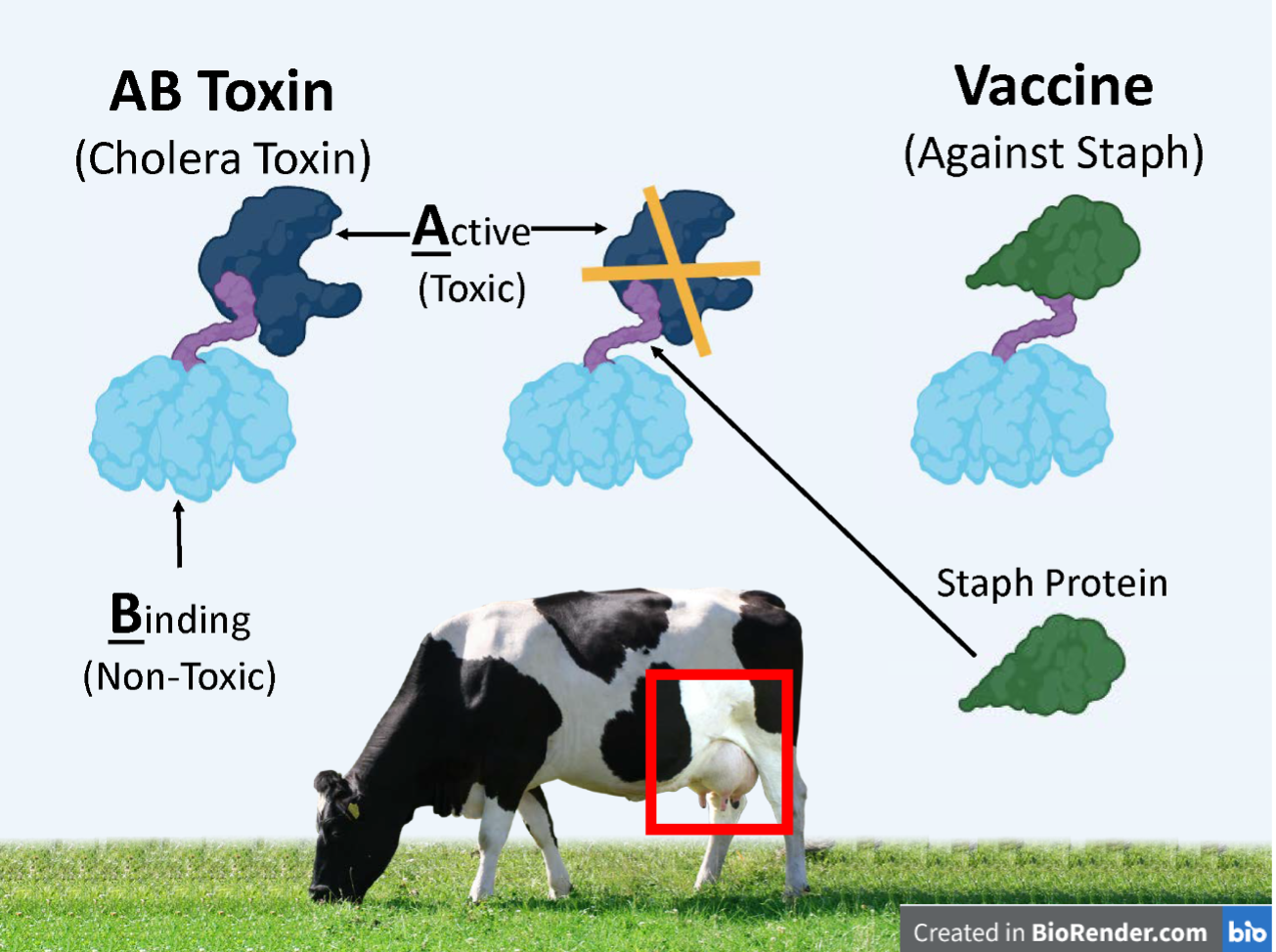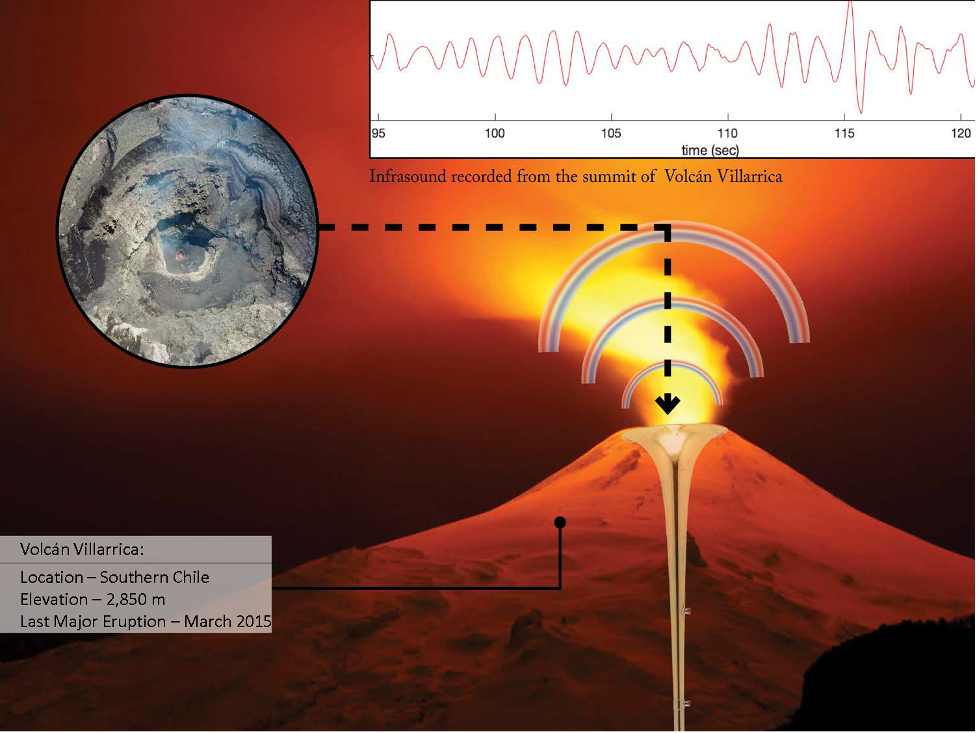-By Kinzi Dorr
Interdisciplinary research is all the rage. Now, more often than not, graduate scholarship seeks to transverse traditional disciplines to create new areas of academic study. But what research falls at the intersection of hydrologic sciences, materials science and engineering, communication, geophysics, and biomolecular sciences?
Trick question; none currently. However, that unique compilation of research areas represents this year’s Boise State Three Minute Thesis (3MT) winners.
The Graduate College hosted the sixth annual 3MT competition as a live webinar on Feb. 2. The 3MT is a global competition that challenges graduate students to present their scholarship in just three minutes or less using one slide. The 16 finalists contended for a $750 first place award, $500 second place award, $250 third place award, and an $150 honorable mention award, as determined by a six-person panel of distinguished judges from the Boise community. Finalists were also eligible to win a $250 audience choice award based on votes from the virtual viewers. The top four winners of the Boise State 3MT move on to the statewide competition.
Luke Telfer, master’s student in the hydrologic sciences program, won first place in the research competition. The second-place recipient was Ember Sikorski, materials science and engineering doctoral candidate. Sam Haskell, a master’s student in communication, earned third place; and the audience choice award recipient was Bryan Rosenblatt, master’s student in the geophysics program. Biomolecular sciences doctoral candidate Elise Overgaard received honorable mention and will serve as an alternate for the statewide competition.
“Our graduate students presented a remarkable display of graduate scholarship at Boise State University,” said Tammi Vacha-Haase, dean of the Graduate College. “Much of the research being done directly impacts the Boise community and addresses regional and statewide challenges. I am incredibly proud of our students and the important work they are doing.”
Telfer presented on hydrologic property changes that occur after wildfires and the influence of burn severity. After spending five years as a wildland firefighter, Telfer has changed his focus to studying wildfires rather than just putting them out.
“My research uses integrated hydrologic models to better understand how wildfire spatial patterns influence water movement. Such knowledge could help forest managers better anticipate and prevent damage caused by post-fire flooding and debris flows,” said Telfer.
Telfer’s research provides critical insights into when and where post fire treatments would be most effective in preventing disastrous phenomena like severe floods or debris flow. The opportunity to impact a non-academic audience prompted Telfer to participate in the 3MT and share his work.
“Communicating my research is incredibly important in many areas such as obtaining funding or turning knowledge into action. Better yet, by effectively communicating my research to non-specialist audiences, I think I can get more people excited about science and possibly inspire future generations of scientists,” noted Telfer. “That’s the dream right there.”
The Three Minute Thesis not only helps graduate students develop their public speaking skills, but it also provides a pivotal platform for sharing knowledge. Competitors learn to whittle their research into conversational key points that will resonate with an audience who can help take graduate scholarship from the lab to people’s everyday lives.
“People hate getting poked (or making their kids get poked) with needles,” said biomolecular sciences doctoral candidate Overgaard. “It’s a very real reason for vaccine refusal and vaccine hesitancy.”
Overgaard’s three-minute talk focuses on a needle-free bovine vaccine that was developed in her program’s lab by harnessing the molecular biology of a bacterial toxin. Her research seeks to eventually move from lab research to a needle-free vaccine solution for human use.

The transition from research to a viable end product requires many steps and arguably one of the most important steps is financial backing.
“If we actually want to use our vaccine platform for human vaccines there is a lot of work to do, and we will need buy-in from a lot of different sources…Being able to communicate about the science with non-specialists will be a crucial skill for building the network of support we need to make that a reality,” said Overgaard.
Sikorski, second place recipient in the competition, agrees on the importance of building a collaborative network.
“Too often scientists struggle to explain their research to the public or even their peers. We can’t change the world if our work never makes it out of our heads,” Sikorski laments. “By communicating, we can build collaborations, increase the impact of our research, and help the public understand how we are working to solve problems.”
Sikorski’s work focuses primarily on nuclear energy, as evidenced by her impressive academic resume. As a three-time Idaho National Laboratory intern, she has the opportunity to learn about experimental nuclear research and in 2020 was awarded a DOE Innovations in Nuclear Technology R&D award for her simulation work on nuclear fuel corrosion. For her Three Minute Thesis pitch, Sikorski presented research focused on understanding and improving nuclear sensors.
Graduate student competitors also received the added benefit of analyzing their research from a different lens – an audience outside of their own discipline.
“3MT has helped me form analogies to better communicate my research to friends, family, and new connections. You never know when you’re going to meet someone with questions about your work, and 3MT gives us the skills to communicate quickly, fluidly, and effectively,” said Sikorski.
Similarly Rosenblatt, who presented on volcanic monotonic infrasound, took this opportunity to re-examine his work and take a hard look at how his research is communicated.
“The Three Minute Thesis has really forced me to rethink how I am presenting my science. The general idea behind my research is not actually that complex and what I’ve come to find out is that there are infinite ways I could be presenting my research depending on the audience I have in front of me,” said Rosenblatt.
Rosenblatt’s work adds to the canon of research on open vent volcanoes. Specifically, he hopes his research can provide insights into sounds that Volcan Villarrica makes, allowing for better eruption forecasting efforts for that volcano.
As an aspiring acoustician and musician who just happens to be pursuing a master’s degree in geophysics, Rosenblatt’s 3MT presentation was greatly influenced by his musical background. His presentation, aptly named, “Volcanoes: Earth’s Largest Horns,” was notably a crowd pleaser.

For Haskell, third place recipient in the 3MT, research is found in everyday interactions that most of us engage with: social media. Haskell presented on the social media practice of cancel culture. A relatively new phenomenon, cancel culture highlights a gap in current communication scholarship. Haskell’s work helps to provide understanding and reason to how and why people are canceling and where it is displayed across industries.
The research communication competition serves as an avenue for innovative research and an opportunity to lay the foundation for graduate students’ professional careers.
“My goal is to work as a content editor where I can aid in determining how content will be perceived and responded to- specifically in film and television- and using that response when creating new content to ensure the capture of as many audiences as possible while maintaining the intended image of the client,” said Haskell.
The strength of social media, the power of its users, and how that influence is wielded is undoubtedly a hot topic. Haskell hopes to share her knowledge and analysis of these behaviors to provide valuable insights into television and film. And without that right communication skills, that is no easy task.
“With the skills I have obtained and practiced throughout the years, paired with my extensive research on media, culture, and representation, being able to share what I have learned and make an impact in such a large industry is dependent on my ability to communicate the importance and breadth of contemporary responses to media consumption,” Haskell noted.
Telfer, Sikorski, Haskell, and Rosenblatt will gather on Feb. 23 for the virtual statewide Three Minute Thesis competition. The Boise State challengers will compete with graduate students from Idaho State and University of Idaho for additional cash prizes, state honors, and a berth to the regional WAGS competition.
“I have had the pleasure of working closely with each of these students during this process. Our finalists showed impressive development of their communication and research presentation skills throughout countless workshops, coaching sessions, and the preliminary rounds,” said Wayne Cochrane, graduate student success coordinator and advisor to 3MT competitors.
“I am so proud of what these students have accomplished and I look forward to seeing what they will do in the statewide competition,” Cochrane said.